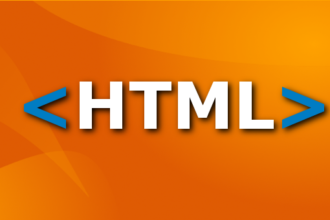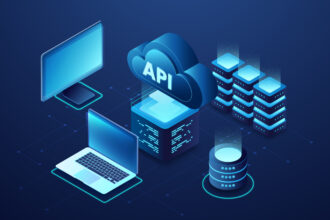
1. What is Python?
- Provide a brief overview of Python’s origin and development.
- Explain its philosophy of readability and simplicity (Pythonic principles).
- Mention Python’s role as an interpreted, high-level, and general-purpose language.
2. Setting Up Python:
- Guide perusers on introducing Python on their framework.
- Present famous Incorporated Advancement Conditions (IDEs) like PyCharm, VSCode, or Jupyter Scratch pad.
- Stroll through the rudiments of composing and executing a straightforward Python program.
3. Python Syntax:
- Present the fundamental sentence structure components (factors, information types, and administrators).
- Make sense of space and how it characterizes code blocks.
- Investigate control stream explanations (if, else, elif) and circles (for, while).
4. Data Structures in Python:
- Cover fundamental information structures like records, tuples, sets, and word references.
- Give models and use cases to every information structure.
- Clarify how for control and emphasize through these designs.
5. Functions and Modules:
- Talk about the idea of capabilities and how to characterize and call them.
- Acquaint the utilization of modules with sort out code into reusable parts.
- Investigate worked in and outsider modules.
6. Object-Oriented Programming (OOP) in Python:
- Make sense of the standards of OOP in Python (classes, objects, legacy).
- Give guides to delineate the execution of OOP ideas.
- Talk about the upsides of involving OOP in Python.
7. Python Libraries and Frameworks:
- Feature key Python libraries for different spaces (NumPy, Pandas, Cup, Django).
- Make sense of the job of libraries and structures in improving Python’s capacities.
- Share instances of genuine activities utilizing these libraries.
8. Learning Resources for Python:
- Recommend books and documentation for more profound comprehension.
- Notice the significance of active ventures to build up learning.
Call to Action:
Urge perusers to set out on their Python learning venture by beginning with straightforward tasks, taking part in coding networks, and ceaselessly investigating progressed themes. Give connects to online assets and networks where they can look for help and offer their advancement…





